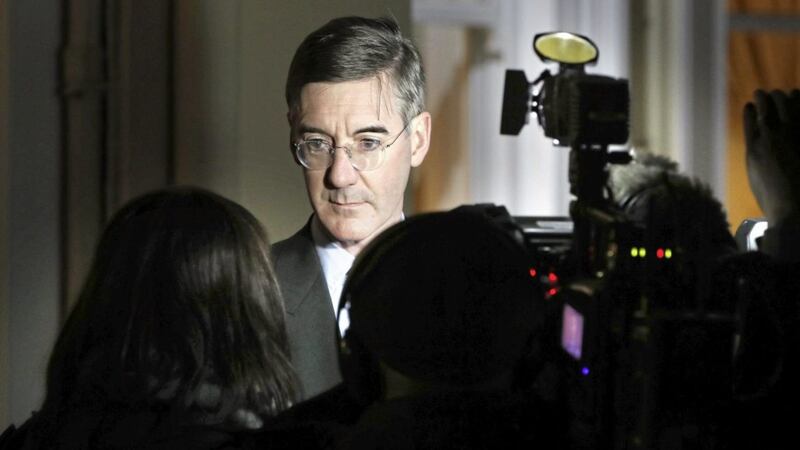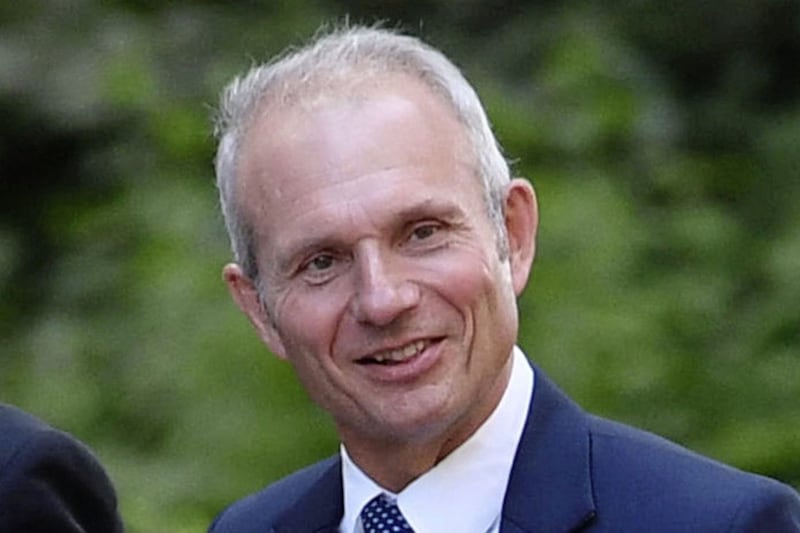THE DUP was last night continuing to resist calls to back Theresa May's withdrawal agreement following speculation that many previous opponents could change their minds.
Despite signalling that he was now prepared to get behind the Tory leader, arch-Brexiteer Jacob Rees-Mogg also said he could not support the deal if the DUP did not.
Despite Mrs May promising to step down if MPs supported her Brexit deal, DUP leader Arlene Foster last night told Sky News her party was unable to support it while it "poses a threat to the integrity of the UK".
The party said despite discussions with the government there have not been "necessary changes" to the backstop.
Read More: Theresa May will stand down if her Brexit deal is passed
A statement added: "The backstop if operational has the potential to create an internal trade border within the United Kingdom and would cut us off from our main internal market, being Great Britain."
Mr Rees-Mogg, the European Research Group (ERG) chairman, had indicated that he was ready to back the deal, arguing it was preferable to no Brexit.
Writing in yesterday's Daily Mail, Mr Rees-Mogg said: "I have come to this view because the numbers in parliament make it clear that all the other potential outcomes are worse and an awkward reality needs to be faced."
However, after listening to Mrs May address the influential 1922 Committee, the ERG chairman said he could only back the deal if and if the DUP abstained from the next meaningful vote.
Read More: John Bercow repeats warning he will block third vote on Brexit Withdrawal Agreement
"If the DUP abstained I would feel entitled to back it," he said.
"If the DUP were still against it, I would not feel able to back it."
The DUP had indicated that it would vote in favour of the so-called Malthouse Compromise, which seeks to replace the backstop, and a motion asking for the result of the EU referendum in 2016 to be respected.
However, only the latter was among eight motions chosen for debate last night by speaker John Bercow.








